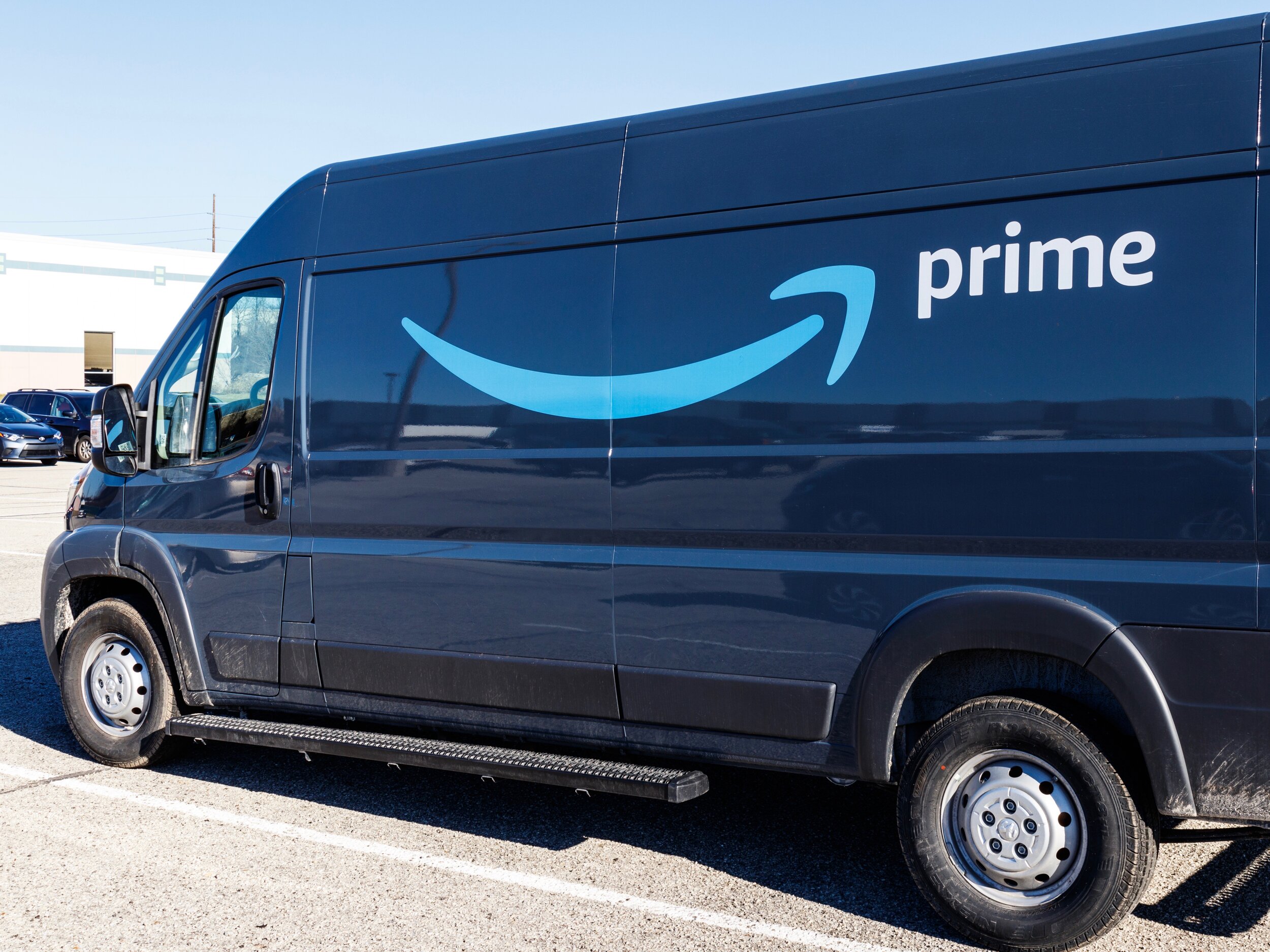91 Fortune 500 firms paid no 2018 U.S. taxes
List includes Deere, U.S. Steel, FedEx, Chevron, Netflix, GM, Starbucks, Amazon
Amazon made $10.8 billion in profit last year and paid no federal taxes, instead claiming $2.4 billion in tax subsidies, according to a new study. (Shutterstock)
By Ted Cox
A fresh study from a tax watchdog finds almost 100 of the Fortune 500 biggest U.S. firms paid no federal taxes in 2018 — the first year of President Trump’s Republican tax cut.
The study, released Monday by the Institute on Taxation and Economic Policy, examined financial data from 379 companies “that were profitable in 2018 and that provided enough information to calculate effective federal income tax rates.” It included only companies that turned a profit, as the corporate income tax is a tax on profits.
But due to a combination of deductions, tax breaks, and other loopholes, those profitable 379 companies paid a tax rate of just 11.3 percent on those profits, almost half the 21 percent rate set by the Tax Cuts and Jobs Act, the law passed by Republicans at the end of 2017, when they held both houses of Congress, and swiftly signed into law by President Trump. Before that, the corporate tax rate was 35 percent.
The U.S. budget deficit, of course, has been swelling since those tax cuts went through. The U.S. Treasury Department acknowledged in October that it approached $1 trillion for the fiscal year ending with September, and it’s projected to top $1 trillion next year.
And almost 100 — 91 of those Fortune 500 companies — paid no taxes at all or actually got money back from the government in tax subsidies. Among those companies familiar to Illinoisans are Deere, Aramark, U.S. Steel, FedEx, Chevron, Delta Air Lines, Netflix, General Motors, Molson Coors, Starbucks, and Amazon.
Those 91 companies made $106 billion last year, but their tax balance with the federal government was $6.3 billion to the good — meaning the government gave them more than $6 billion in subsidies for paying no taxes. Their tax rate was calculated at negative 5.9 percent.
Deere made $2.2 billion, according to the study, but also received $558 million from the government, for a tax rate of negative 25.9 percent.
Other firms making $1 billion in profits and paying no taxes included FedEx, Chevron, Delta, Honeywell International, Netflix, GM, Halliburton, Molson Coors, Starbucks, and Amazon, which posted a $10.8 billion profit and pocketed $2.4 billion in subsidies.
According to the study, “Just five companies — Bank of America, J.P. Morgan Chase, Wells Fargo, Amazon, and Verizon — collectively enjoyed more than $16 billion in tax breaks in 2018.” Overall, the 379 profitable firms collected $74 billion in U.S. tax subsidies.
If the firms had paid just the low new corporate tax rate of 21 percent on their profits, according to the study, they would have owed the U.S. government an additional $74 billion.
“It does not have to be this way,” the study added. “Corporate tax dodging is not inevitable, but rather is the result of choices made by lawmakers. They can instead choose to shore up the corporate tax system with the types of reforms described in this report.”
The study recommended Congress reform the tax code to:
Repeal the full expensing of capital investments that was enacted as part of the Tax Cuts and Jobs Act and pare back permanent provisions that allow accelerated depreciation.
Limit the ability of tech and other companies to use executive stock options to reduce their taxes by generating “costs” that far exceed what companies actually incur.
Repeal the new “territorial” tax system and instead move toward a worldwide tax regime that would remove the tax incentive to shift profits and jobs overseas.
Reinstate a strong corporate Alternative Minimum Tax to act as a backstop to ensure all profitable corporations pay a meaningful corporate income tax bill each year.
Increase transparency by requiring country-by-country public disclosure of company financial information, including corporate income and tax payments, through filings to the Securities and Exchange Commission.

